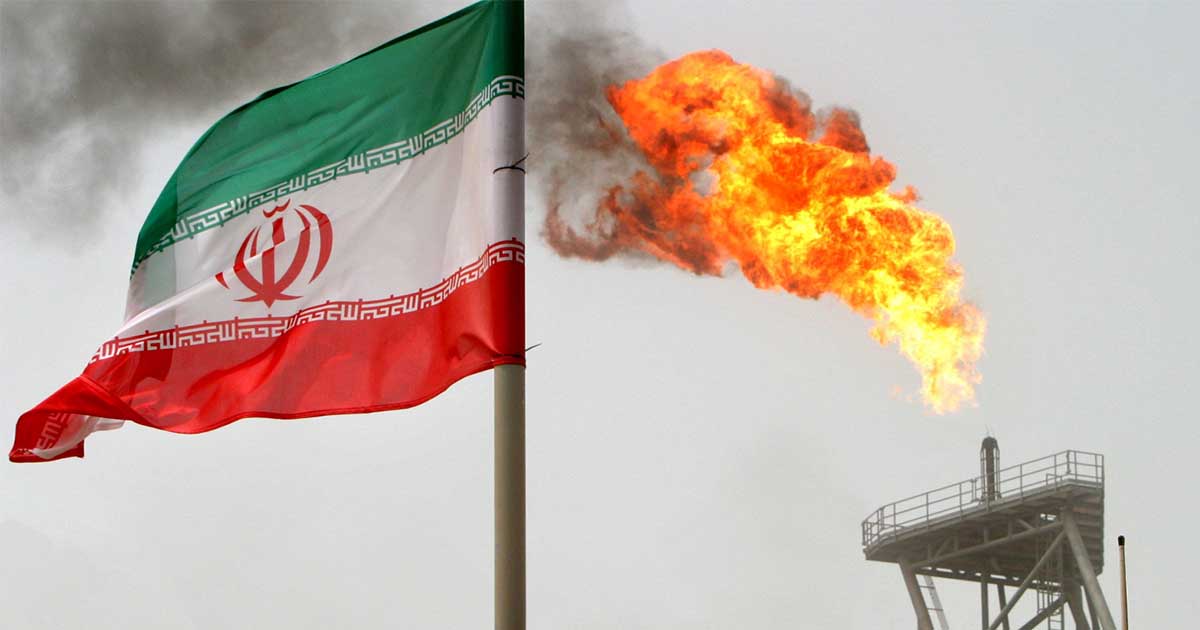News Analysis |
Sindh Environmental Protection Agency (Sepa), in the month of July, consented to the chopping down of around 900 mangrove trees to pave the way for the construction of the pipeline for LNG project.
The proposal of the project stipulates the construction of LNG terminal in Karachi, at Hafiz Island, Charra Chan Waddio Creek at Mazar Point in Port Qasim Area.
The mangroves forest are declared as ‘protected forest’ under the Law with the declaration of the entire mangrove area in the province as protected in Dec 2010.
Under the project, proposed by Pakistan Gas Port Limited, 4.5 million tons of LNG will be imported annually and a 600m pipeline would pass through Mangrove forests.
Amid all this process, other relevant departments have identified several irregularities of Sepa that otherwise lies in absolute contradiction to the laws.
Read more: America: Victim of the God of Environment
Regardless of the numerous orders issued by the Supreme Court, Sepa in contravention of the law subsided the role of Forest department in the assessment of the environmental impacts of the project.
One of the officials of conservator Mangroves expressing his disdain over the misconduct of the Sepa said that, “The forest department has not been taken on board in planning and execution of development activities in the Port Qasim area. Instead, Sepa is allowing environmental impact assessment (EIA) of projects and issuing no-objection certificates without involving the department, which is a violation of rules of business,” said conservator mangroves, Karachi, Agha Tahir
According to him, department’s technical abilities should be utilized in assessing the impacts of the development activities in the area. He mentioned that forest department can craft out various alternative strategies without jeopardizing the health and existence of mangroves.
Evidently clueless, Sepa officials resorted to equivocal responses when they were thronged with the questions about the issuance of NOC for the project, in the second public hearing that was held to discuss the viability of the project.
After excluding the forest department from the assessment process, the second time the Sepa violated the laws was when it held the public hearing without the mandatory NOC report from the relevant department.
Read more: Is Pakistan making a conscious choice: removing energy crisis vs environmental…
More so, the officials from the forest department were barred from attending the public hearings initially to stop their concerns from reaching the attendees.
Where plans are fabricated to shield the facts from the stakeholders in the project, Sepa has relegated itself to not more than just a department on display.
LNG imports, which according to state’s claim, being safest of all the energy producing raw material, is said to be imperative in substituting the future energy needs of the country.
The last such ruthless clearance of tree was practised in 2014, where a private company with out obtaining consent from Sepa for the purpose of building a coal power project in Port Qasim Area.
While an import deal already followed by skepticism over monetary irregularities are now posing threat to Mangrove forest, that provides a life support system for many fishes and shrimps, that are found in the marine landscape of the region.
Situated in the Indus Delta and Arabian sea, these coastal forests also protect from the soil erosion in the sea.
Read more: Why Pakistan’s energy policy will create an environmental hazard?
The shrimps found in the mangrove forests of the Indus Delta serves as the source of income for many villagers and fishermen based in the surrounding areas
Cutting down of the forest will eventually cease the existence of marine species in the region, affecting the livelihood of the economic-sensitive class.
Pakistan has already signed the Sustainable Development Goal and therefore is bound to abide by the clauses of the treaty that binds the country to protect its biodiversity.
It is feared by experts that the reckless chopping down of the forest will leave the city of 20 million at greater risk of violent storms and even Tsunami from the Arabian Sea.
Read more: Gigantic mother Blue Whale with calf spotted in the blue waters…
The merciless cutting down of trees has reduced the forested from 600,000 hectares to just 130,000 hectares.
Back in 1944, the under-ground tremors in the region caused Tsunami killing 4000 people, complete shedding of the forest will leave the city completely wiped out, in case another such tremors jolted the sea, as expressed United Nations.
Since Pakistan stand high on risk of severely being affected by the climatic changes and water –scarcity issues, it is crucial that a thoughtful comprehensive decision should be taken
Billion Tree Tsunami initiatives by the KPK government is one such peculiar move in an attempt to revert the debilitating impacts of climate change.
Borrowing such ideas, similar environmental rehabilitation projects should be pursued with a fast pace to mitigate the risks of floods in the city.














